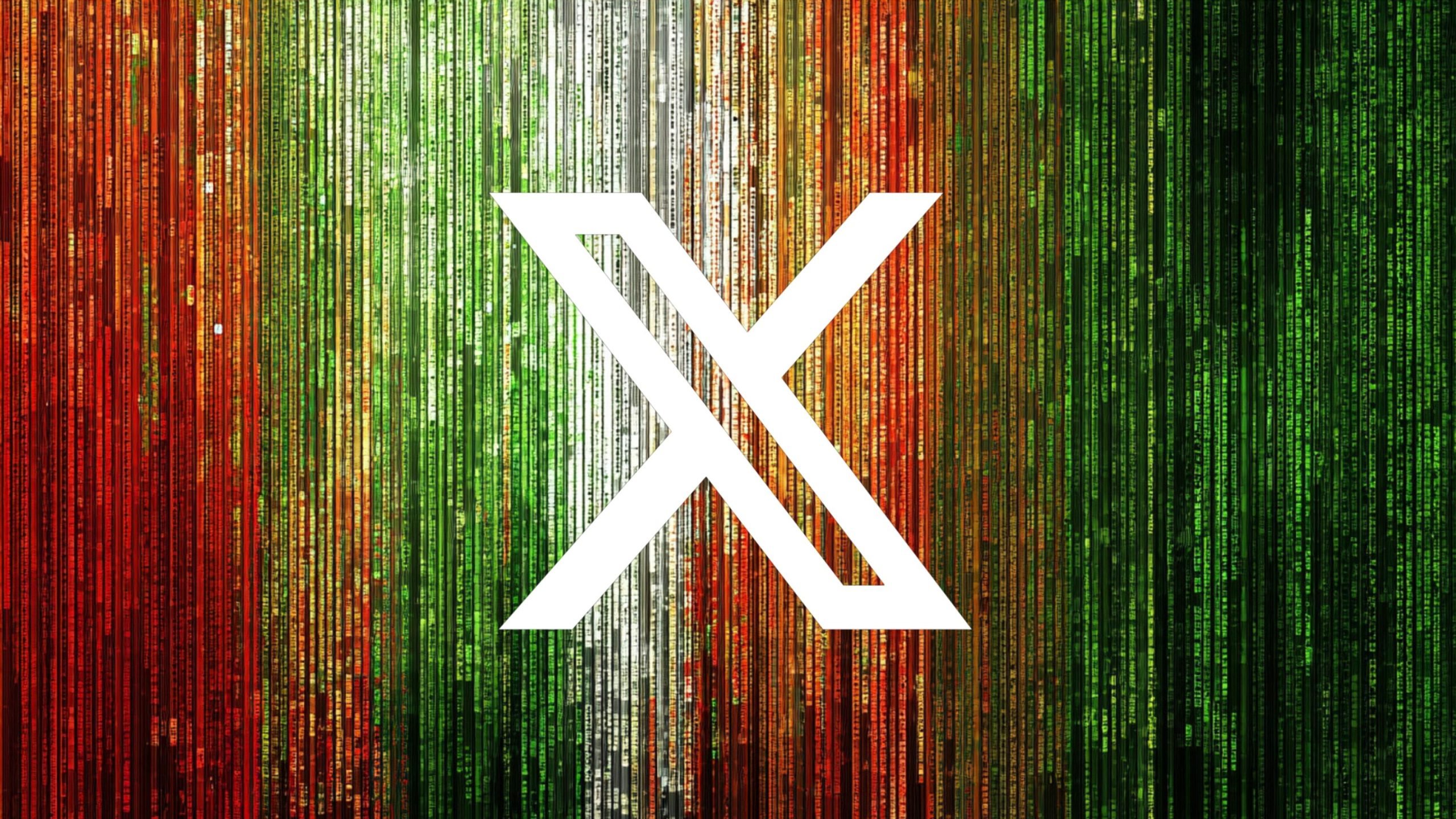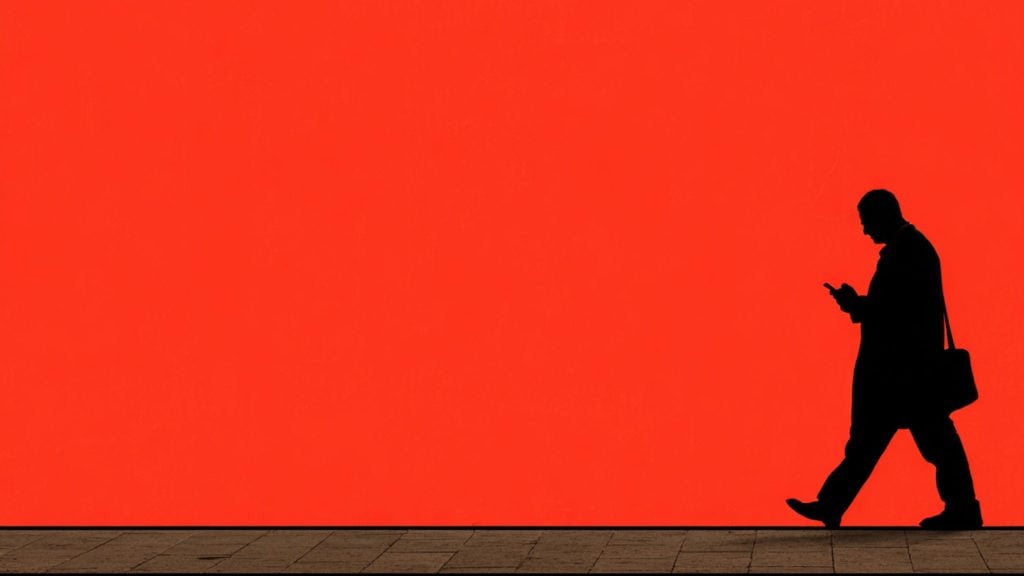An Indian court has ruled against Elon Musk’s X in a major legal challenge to government-led content suppression, reinforcing the state’s authority to compel online platforms to take down online speech, even when it targets criticism of official policies.
The judgment, delivered by the Karnataka High Court, held that X, as a foreign entity, cannot claim protection under India’s constitutional guarantee of free speech.
The case stems from a standoff that began earlier this year, when X refused to comply with a series of takedown orders issued through Sahyog, an opaque government-controlled portal created to streamline content censorship across the internet.
The platform argued that these demands, often targeting dissent and political commentary, were incompatible with free expression and lacked any real transparency or oversight.
But the court made clear that constitutional rights in India are restricted to its citizens.
“Article 19 of the Constitution of India, noble in its spirit and luminous in its promise, remains, nevertheless, a Charter of Rights conferred upon citizens only. The petitioner who seeks sanctuary under its canopy must be a citizen of the nation, failing which the protective embrace of Article 19 cannot be invoked,” said Justice M Nagaprasanna, dismissing the platform’s petition in a ruling streamed live to the public.
This decision arrives as the Indian government continues to assert tighter control over what can be said and shared online.
The Sahyog system, introduced in October, allows government agencies to bypass traditional legal processes and instead push automated takedown notices to platforms, effectively pressuring them into compliance without judicial scrutiny.
X had argued that such a system amounts to centralized censorship under a digital façade.
The company noted that it had complied with takedown directives only under threat of sanctions, including possible imprisonment for its executives.
In February, X revealed that it had withheld some accounts “in response to executive directives” even while disagreeing with the substance of those orders.
Despite being met with resistance, the Sahyog portal has already been adopted by a slew of major tech firms, including Meta, Google, and Microsoft.
The implications of this ruling extend far beyond X.
India’s track record on content removals has drawn concern in recent years, particularly during events like the 2020–2021 farmers’ protests when the government pushed platforms to suppress posts and block accounts that supported or documented the demonstrations.
These efforts were part of a broader crackdown on online dissent.










